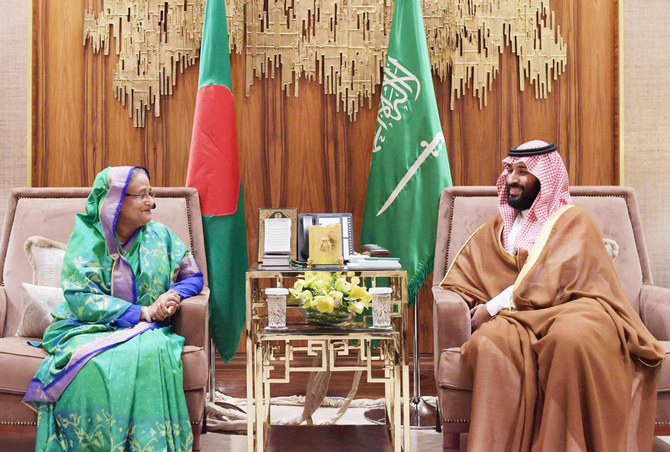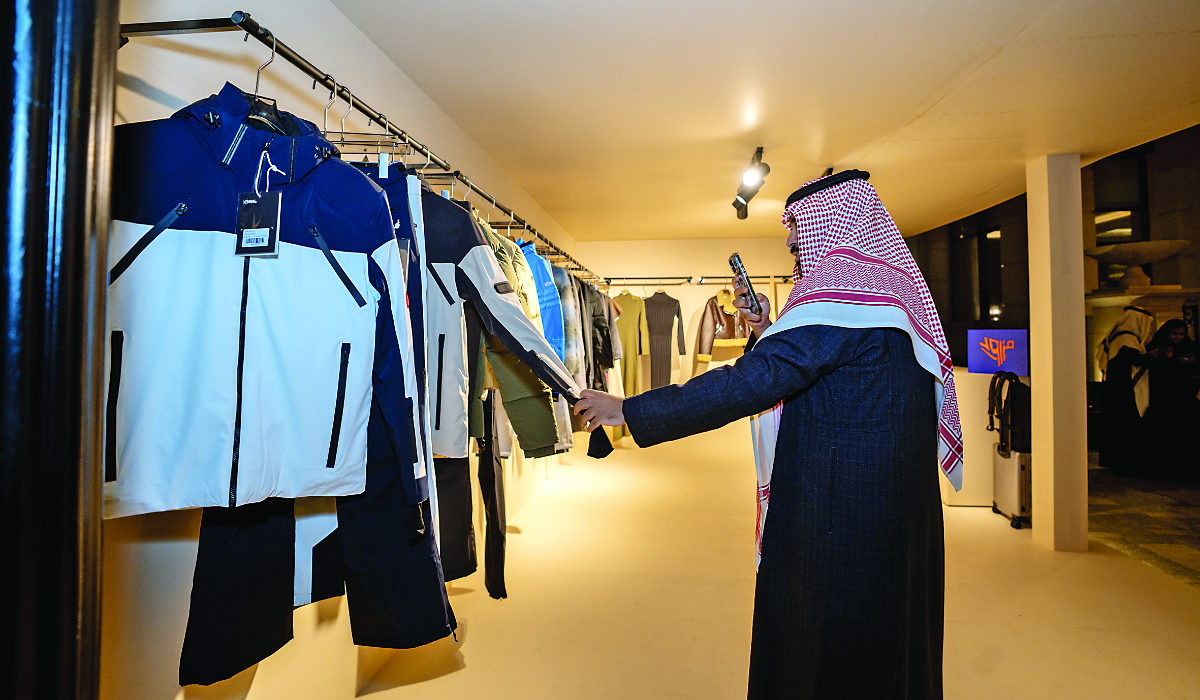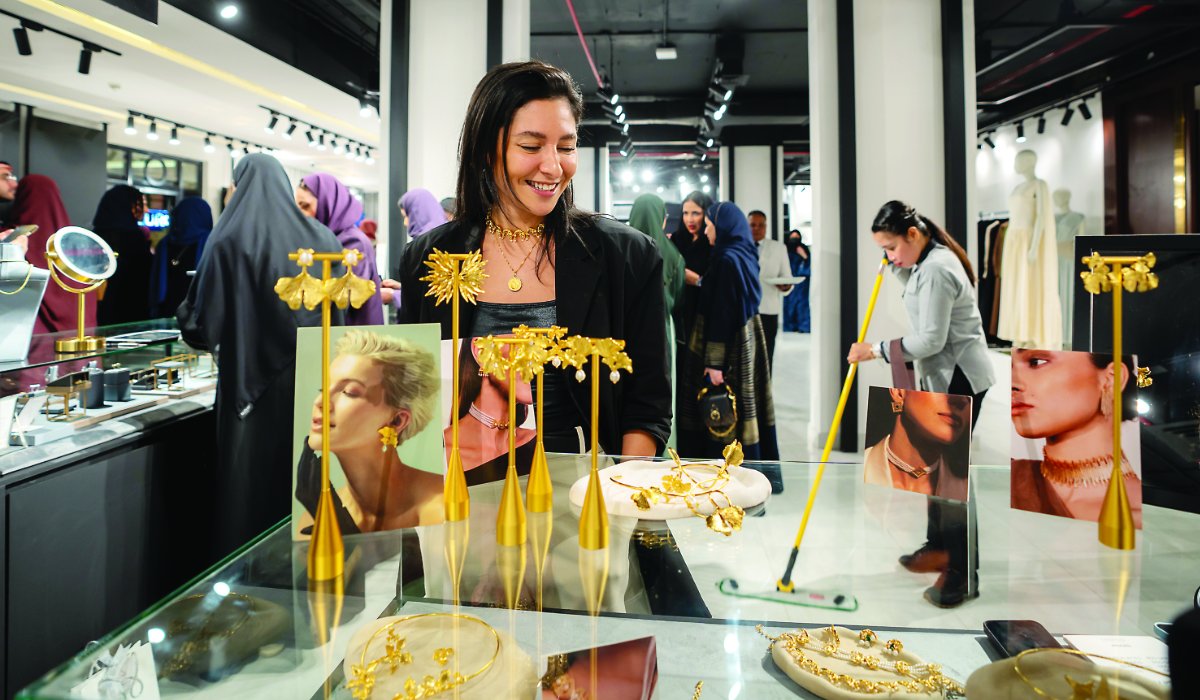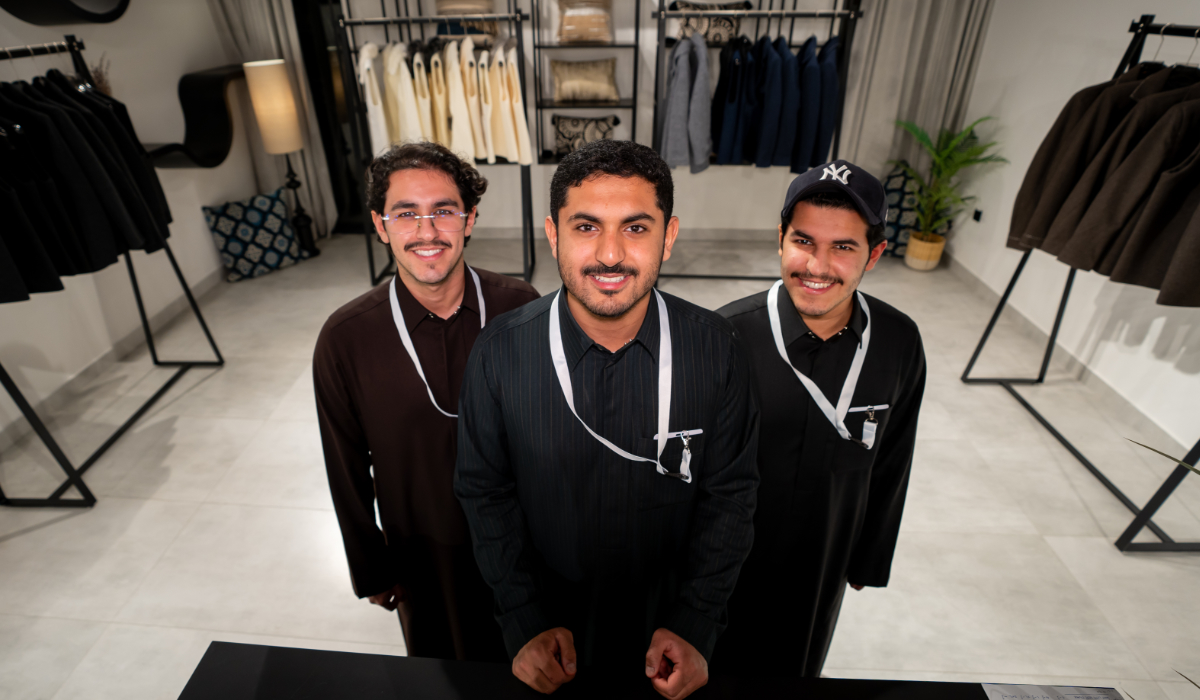Today is March 26, our great Independence Day. Bangladesh celebrates 50 years of independence today. I extend my heartiest greetings to the countrymen and expatriate Bangladeshis on the occasion of the golden jubilee of great independence.
On this Independence Day, I recall with deep gratitude the greatest Bengali of all time, father of the nation Sheikh Mujibur Rahman, under whose undisputed leadership we have earned our independence.
I pay my tributes to four national leaders, 3 million martyrs and two hundred thousand dishonored women of the War of Liberation. My homage goes to all the valiant freedom fighters, including the wounded ones. I extend my sympathies to those who had lost their near and dear ones during the Liberation War. I also recall with gratitude our foreign friends who had extended their support during the war.
Bangabandhu, which means “Friend of Bengal,” and was a popular title of Sheikh Rahman, won the absolute majority in the general elections in 1970. But the Pakistani rulers adopted repressive measures instead of handing over power to the majority party representatives. Calling for independence on March 7, 1971, Bangabandhu declared, “The struggle this time is the struggle for our emancipation; the struggle this time is the struggle for independence, Joi Bangla.”
Bangabandhu formally proclaimed the independence of Bangladesh at the first hour on March 26, 1971. The first government of Bangladesh took an oath on April 17, 1971, in Mujibnagar with Sheikh Rahman as president.
The resistance war against the occupying forces began. But under his able leadership, Bangladesh achieved its independence through a nine-month armed struggle.
In just three-and-a-half years of his government, Bangabandhu rebuilt the war-ravaged country. In 1975, the GDP growth rate exceeded 7 percent. Bangladesh gained recognition from 116 countries and got the memberships of 27 international organizations.
While Bangabandhu was building a democratic government and overcoming all obstacles, the anti-liberation forces brutally killed him along with most of his family members on August 15, 1975.
Forming a government in 2009 in consecutive three-year terms, the Bangladesh Awami League has relentlessly been working to improve the fate of the people inspired by the spirit of the great Liberation War. We are implementing the unfinished works of the father of the nation.
Today, Bangladesh is self-reliant in food production. Over the past 12 years, the poverty rate has come down from 42.5 percent to 20.5 percent. Our sovereign rights over a vast area in the Bay of Bengal have been established through the peaceful settlement of maritime disputes with Myanmar and India. The implemenwwwwwwwwwtation of the Bangladesh-India Land Boundary Agreement has put an end to the protracted inhuman life of the enclave people. The nation has become free from stigma by executing the verdict of the Bangabandhu murder case. The trial of war criminals continues and the verdict is being executed.
We have formulated the Second Perspective Plan for 2021-41 and adopted the eighth Five-Year Plan. We have started the implementation of the Bangladesh Delta Plan 2100. Today, the benefits of “Digital Bangladesh” have been expanded from urban areas to a remote village level. To offset the impacts of the coronavirus (COVID-19) pandemic, we have so far announced 23 stimulus packages that are worth 4.4 percent of our GDP.
The persistent efforts of the past 12 years of the Bangladesh Awami League government have brought the final recommendations for Bangladesh to become a dignified developing country on the eve of the golden jubilee of independence.
FASTFACT
The persistent efforts of the past 12 years of the Bangladesh Awami League government have brought the final recommendations for Bangladesh to become a dignified developing country on the eve of the golden jubilee of independence.
This is a huge achievement for us. I firmly believe that if this trend of development continues, Bangladesh will soon be established as a developed, prosperous country in the world.
The independence earned through the supreme sacrifices of millions of people is the greatest achievement of the Bengali nation. To ensure that the achievement remains meaningful, all have to know the true history of our great Liberation War and respect the spirit of independence. The spirit of the Liberation War has to be propagated from generation to generation.
Let us take oath on this auspicious occasion of the golden jubilee of independence. Imbued with the spirit of the Liberation War, we all together will build a golden Bangladesh free of hunger, poverty and illiteracy as dreamt by the father of the nation.
May Bangladesh Live Forever.
Sheikh Hasina
Prime Minister of Bangladesh































